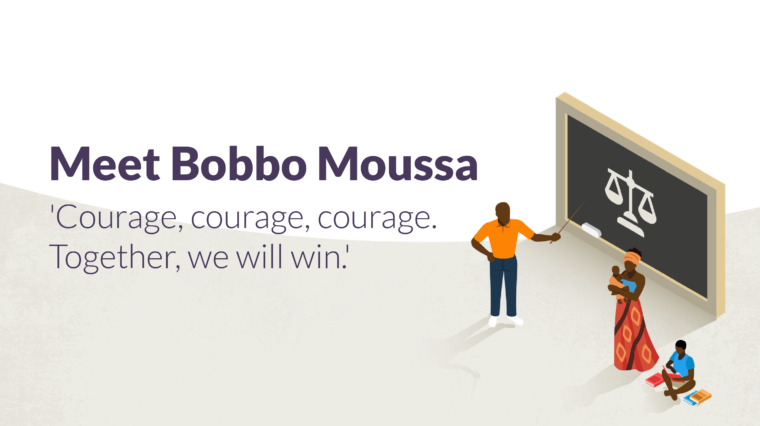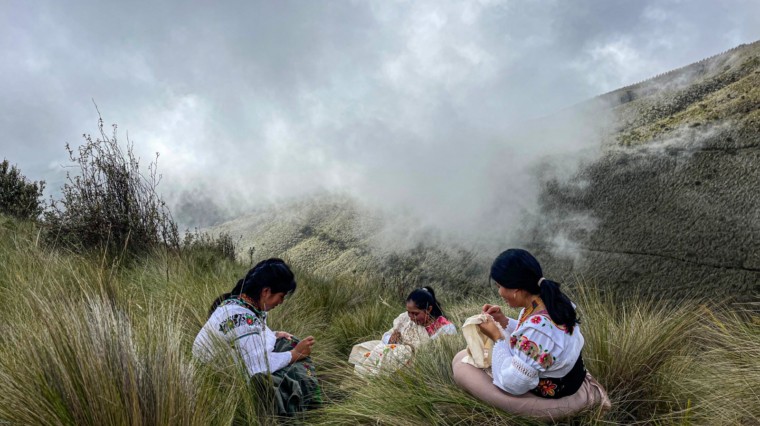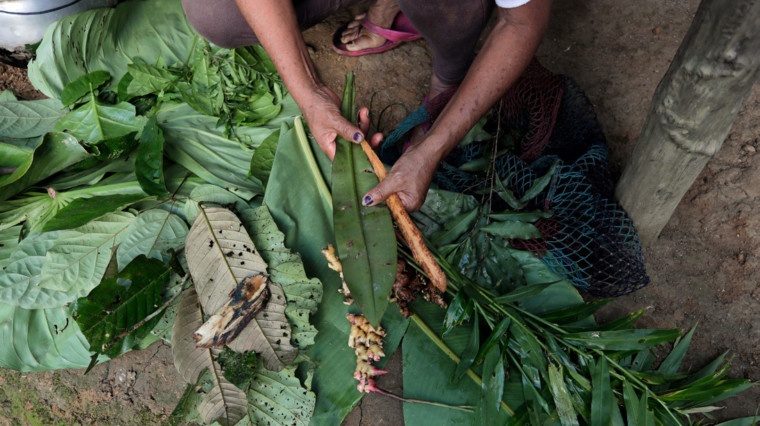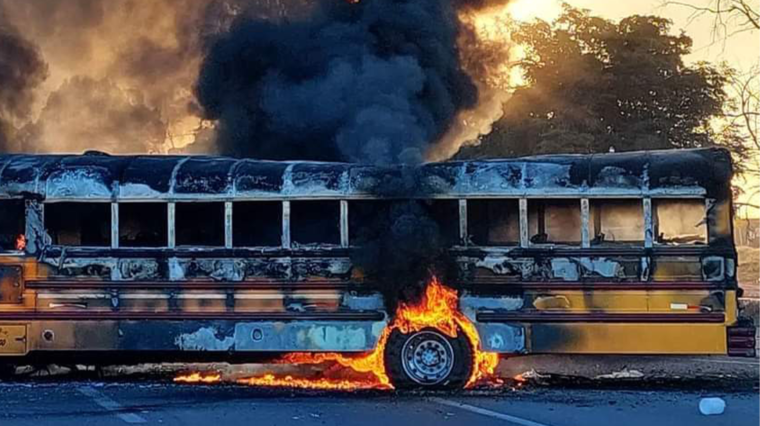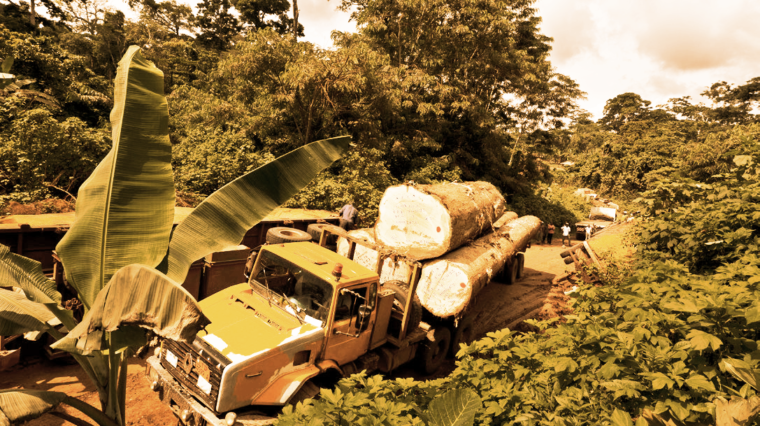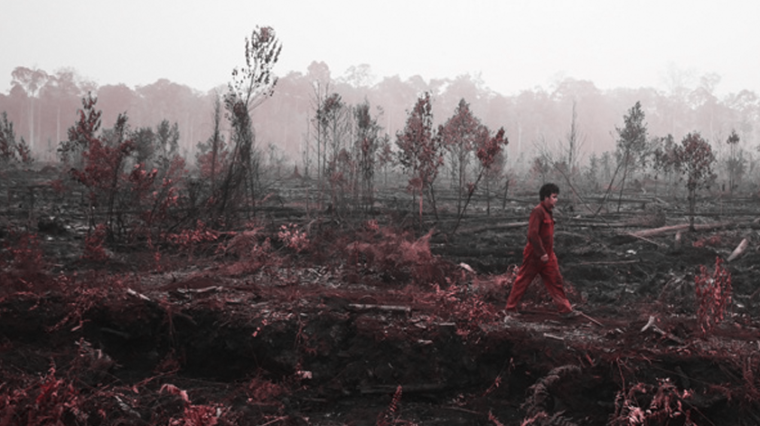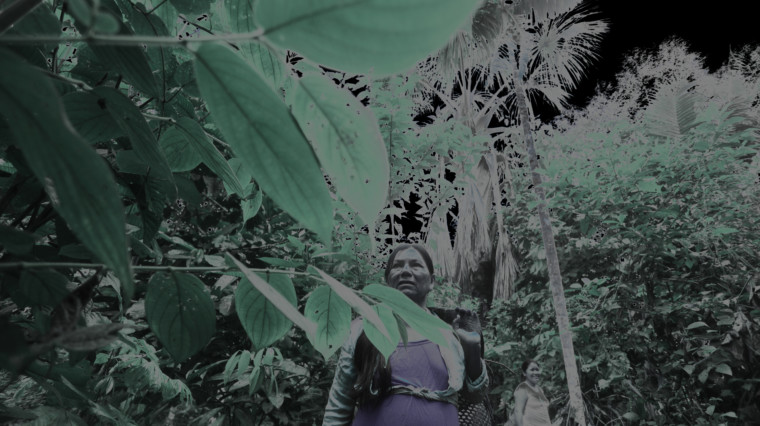‘We just want to find our children’
Published on February 14, 2024
People from all walks of life have disappeared during Mexico’s so-called ‘war on drugs’; many others become victims of the growing global human trafficking industry; migrants go missing as they travel to seek a better life elsewhere, often displaced by criminal groups.
Vulnerable youth, particularly young boys, are co-opted by criminal interests and then ‘disappeared’ to forcibly join gangs, often groomed to provide gang ‘muscle’ or traffic drugs. Women and children are often trafficked for sexual exploitation and forced labour. Many activists, journalists, politicians and whistle-blowers who campaign against organized crime or corruption have disappeared.
Disappearances – as we define the phenomenon in this paper – are deployed for various reasons: to silence the voices of social and political leaders, activists and journalists; to assert violent control over criminal territories and illicit markets; or to monetize vulnerable people as a tradeable commodity. In all these cases, criminal groups have a hand, and although organized crime-related disappearances vary in motive and scope, they disproportionately affect the most marginalized communities.
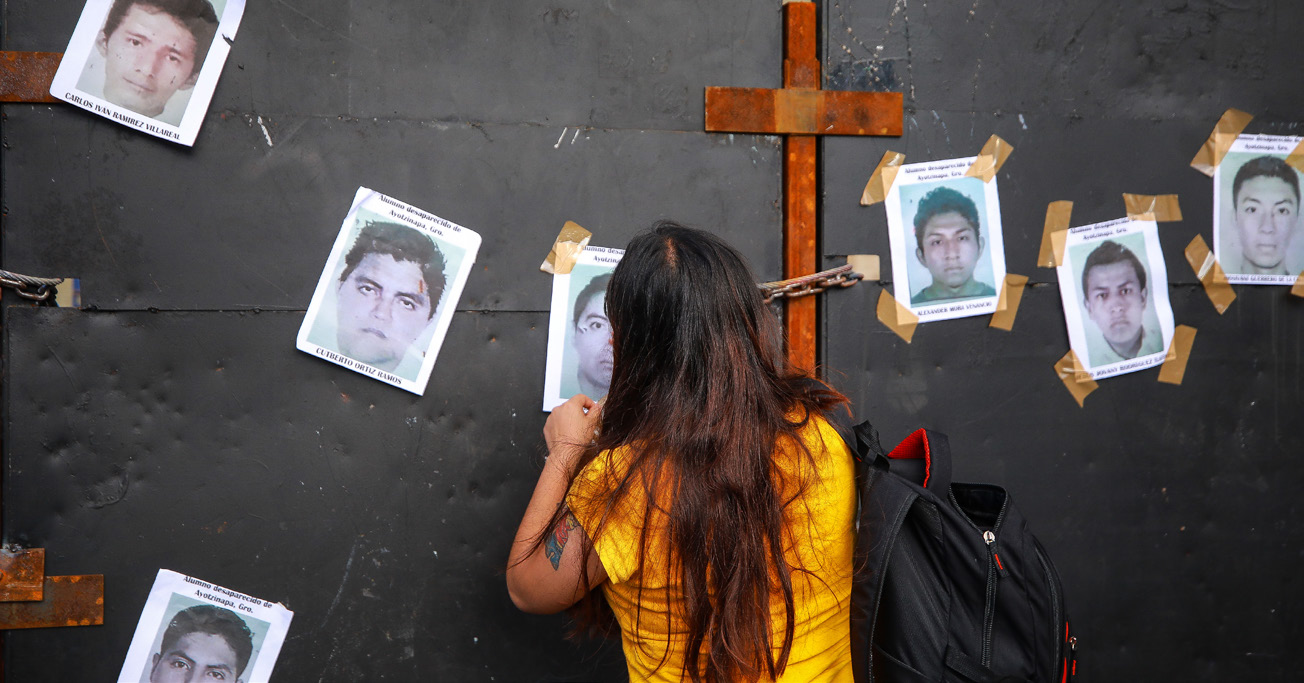
This brief draws from the work and perspectives of such civil society and community members who live in environments that are exposed to disappearances. It assesses this form of organized crime as a serious human rights violation. While informed by the global dynamics of this criminal market, it focuses on contexts in which disappearances occur in Latin America, analyzing in particular the cases of Mexico and Venezuela.
‘We just want to find our children’, Understanding disappearances as a tool of organized crime therefore aims to bring these specific local perspectives to the broader global policymaking agenda, and is intended to inform government officials and policymakers, as well as civil society groups working in this field.
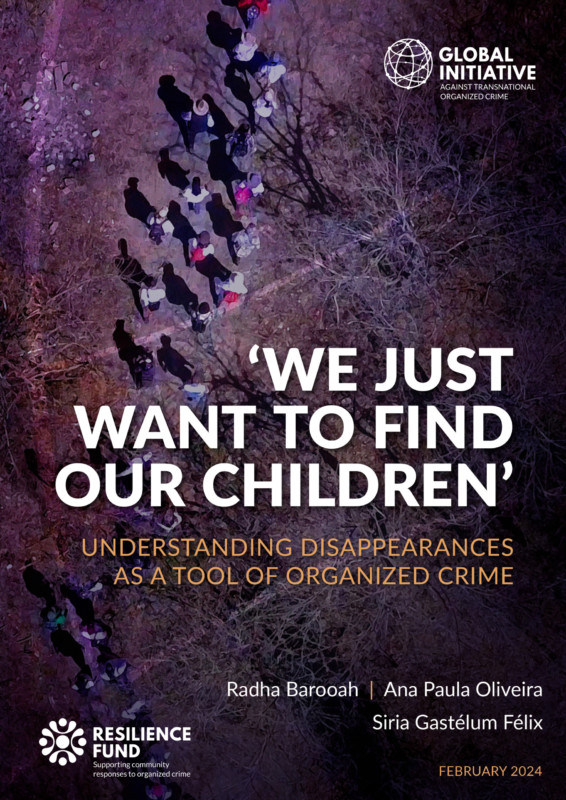
‘We just want to find our children’ Understanding disappearances as a tool of organized crime
This brief aims to bring specific local perspectives to the broader global policymaking agenda, and is intended to inform government officials and policymakers, as well as civil society groups working in this field.


